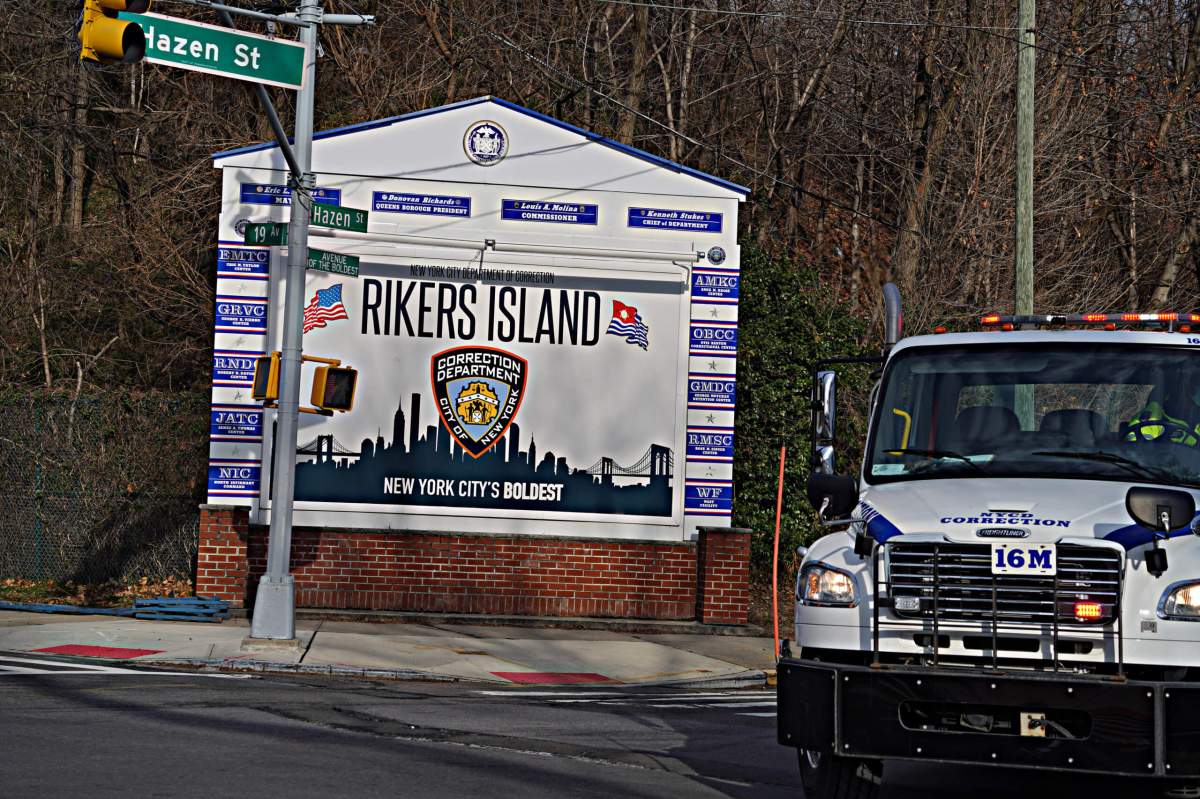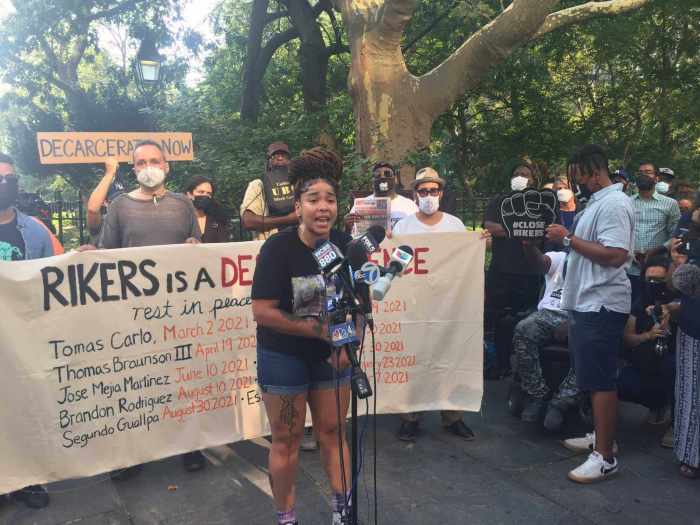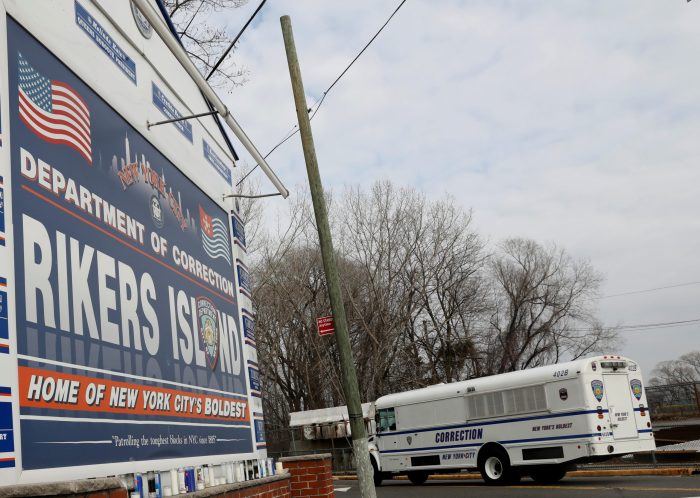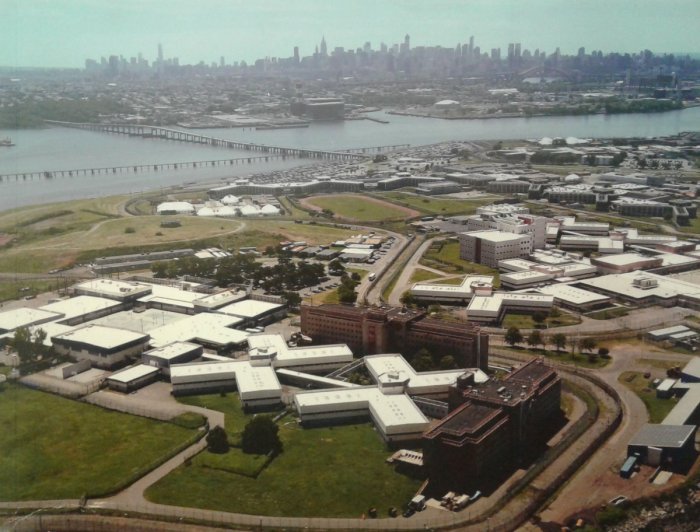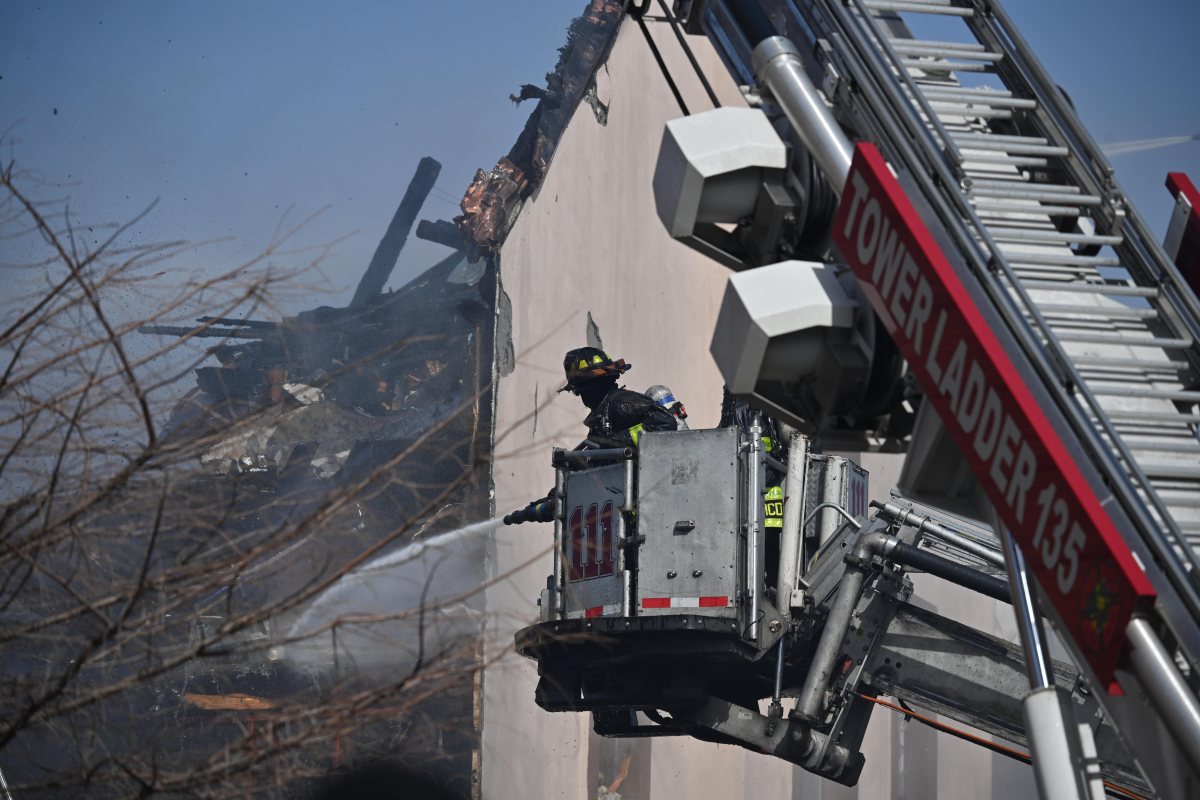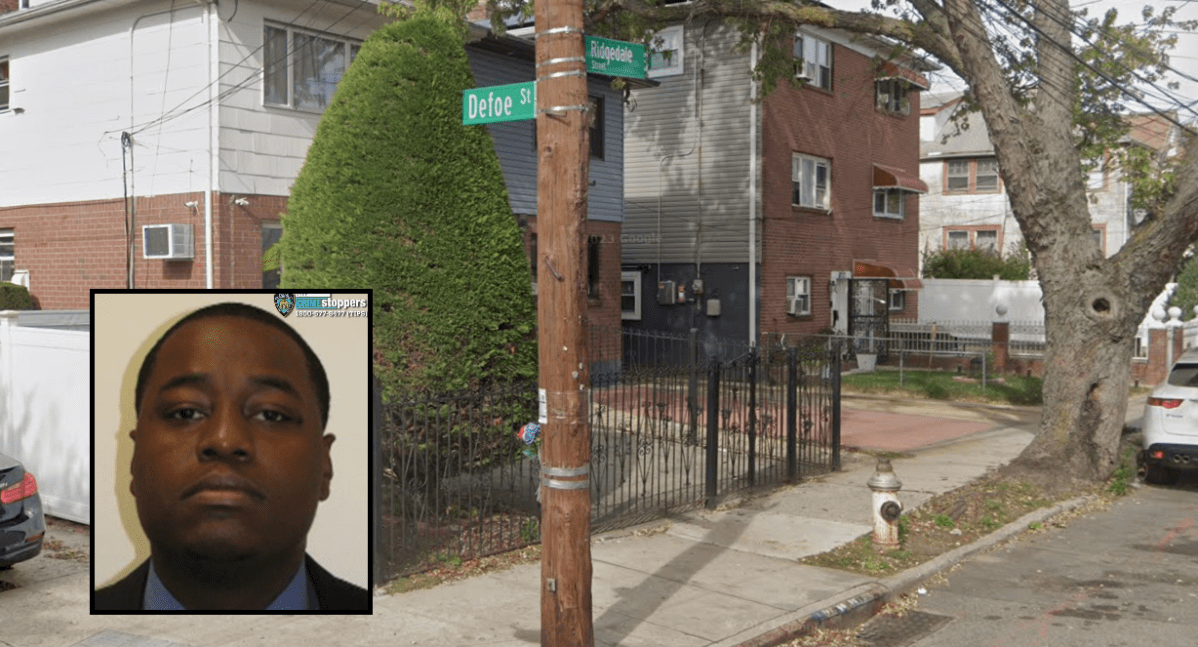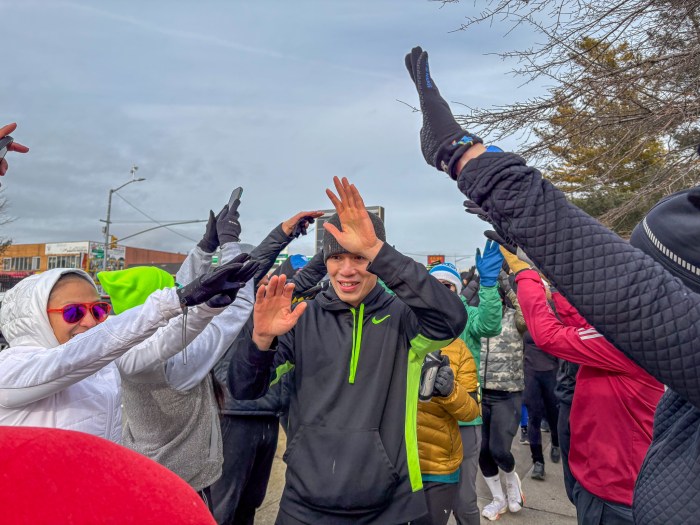The Rikers Island prisoners that were on a hunger strike for five days are looking for the city to meet “very basic human needs,” Queens state Senator Jessica Ramos reported after her visit to the beleaguered correctional facility.
Last week reports that a number of those incarcerated inside Rikers Island had been undergoing a hunger strike began seeping out of the facility. Soon thereafter, voicemails obtained by amNewYork Metro from the New York County Defenders Service exemplified pleas from incarcerated individuals who yearned for improved living conditions.
As the Department of Correction (DOC) stated that those on the inside were continuing to eat commissary meals and merely abstaining from institutional food, supporters on the outside held rallies championing the cause and advocating for the rights of the imprisoned, such as Attorney Christopher Boyle, the director of data research and policy for New York County Defenders Service, who argued that many housed on the island do not have the funds to purchase their own food.
In an attempt to discern the true nature of what was taking place behind the walls of the Robert N. Davoren Complex (RNDC) on Rikers Island, Ramos joined with Brooklyn Assemblymember Phara Souffrant Forrest for a surprise visit to meet with the hunger strikers on Jan. 17.
“On Martin Luther King Day, we wanted our active service to go visit Rikers and to really learn firsthand what has been going on there in the past few weeks and months,” Ramos told amNewYork Metro.
According to Ramos, the men had been undergoing a hunger strike for five days until the warden met with them personally and came to an agreement regarding improved conditions.
“Having met these men, I can tell you that they are men who are asking for very basic human needs, such as being able to access mental health services, being able to access a fully stocked commissary, and being able to access the law library,” Ramos said. “And things we take for granted on the outside, such as mail.”
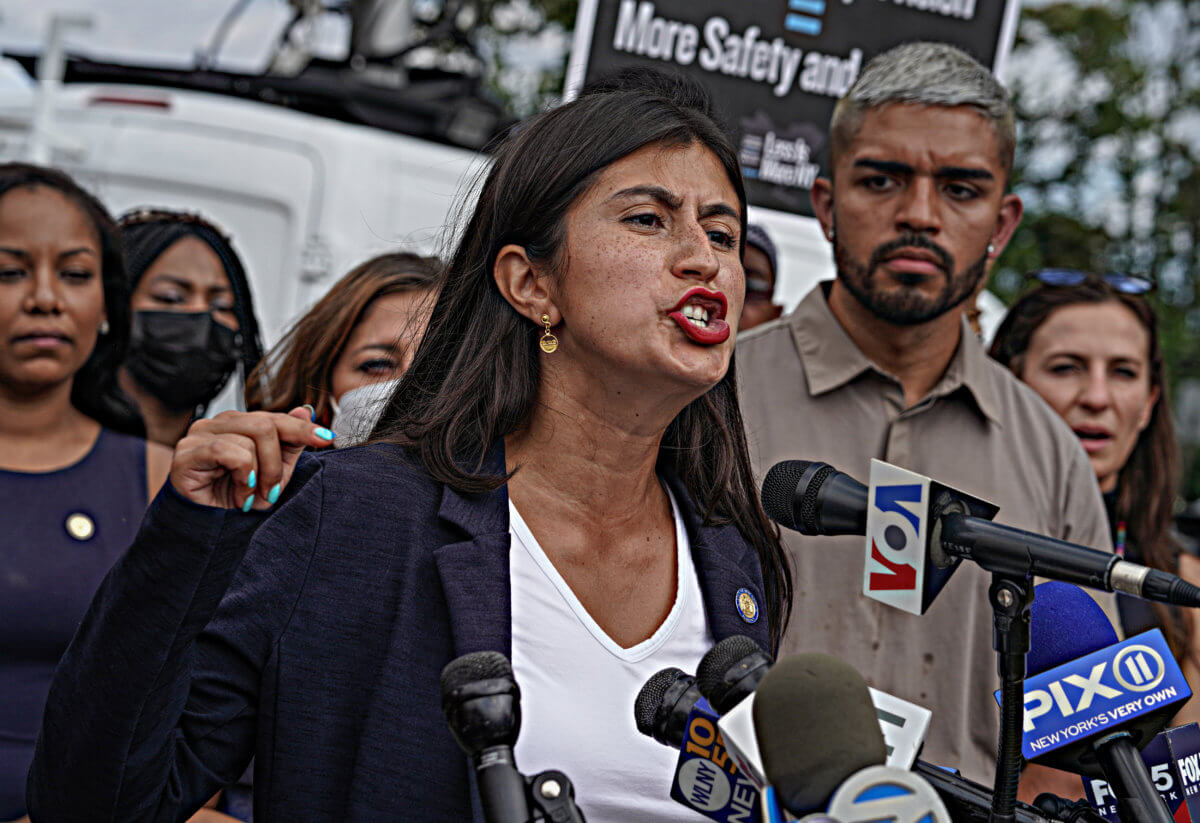
For Ramos, this demand for basic human rights is underscored by the fact that many of the incarcerated are still awaiting trial, and have yet to be convicted of the crimes for which they are accused. Although some on the outside might think the Rikers inmates deserve what comes to them, Ramos reminded, the reality is that a number of those jailed there might very well be innocent of the charges against them.
Nearly every person she spoke to at length were being held pre-trial for as long as five years.
“There are a few parole violators, but the vast majority of people on Rikers Island are people who have been arraigned and charged with crimes, and yet they have not gone to trial. They have not been convicted, much less sentenced. So, imagine being incarcerated on Rikers Island for five years. Even though what you’ve been accused of perhaps wasn’t even a violent crime. That’s what’s happening in Rikers Island right now,” Ramos explained.
While emphasizing that the RNDC complex is a different location to where she has visited in the past, the senator expressed concerns regarding COVID-19 safety protocols. She stated that for one, social distancing is almost non-existent due to the beds being so close to each other, as well as their bed sheets not being cleaned frequently.
“These are unsanitary conditions that lead to extending the infection of the virus across that island. Another common complaint was of big rats that are eating their food. They’re even asking for simple things such as rat traps and mouse traps, and so the conditions are not good. There’s still a lot for us to do,” Ramos said, comparing that state of Rikers Island to dungeon-like conditions.
The state senator believes that many of the issues in Rikers Island can largely be attributed to staffing shortages, but from what incarcerated individuals shared with her is that for over four months they have had a lack of access to mental health appointments, which she believes is an indication of structural failure.
“Overall, we treat right Rikers Island as the biggest mental health facility in New York, and they’re not receiving adequate mental health treatment and this is because of underfunding that Cuomo, and even his predecessors, have made,” Ramos said. “I would also say that New York State could step up in investing in ankle monitors, because we do know that a lot of these people who are incarcerated could be well very well served by receiving their services while they’re surrounded by their loved ones, not take them away from them.”
Ramos and Souffrant Forrest are both pushing for a treatment not jail bill, S2881B, as a way to provide services to those who have suffered from mental health and substance abuse issues instead of using prison time.



